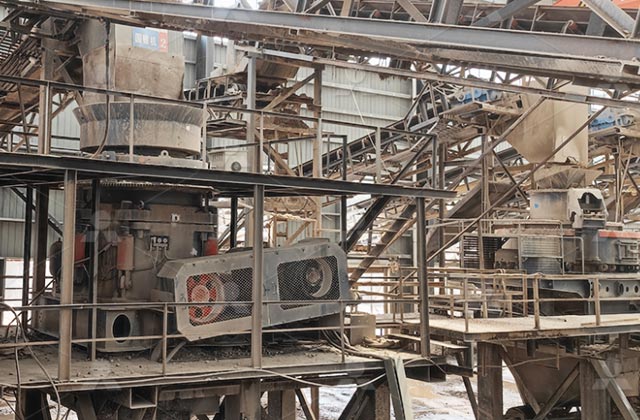If you are considering purchasing a mineral fine crusher for sale in the Philippines, it’s essential to understand the different types of crushers available, their functions, and key factors to consider when selecting the right equipment for your needs. The Philippines, with its rich mineral resources, is an active mining country, making it a prime market for crushers, especially those used for fine mineral processing.

Types of Mineral Fine Crushers
Mineral fine crushers are specialized machines designed to crush raw materials into smaller, finer particles. These crushers are commonly used in industries such as mining, construction, and aggregate production. They can process a wide range of minerals, including metallic ores like copper, gold, and iron, as well as non-metallic minerals like limestone, dolomite, and silica.
1. Jaw Crushers
While jaw crushers are traditionally used for primary and secondary crushing, there are certain models designed for finer output. Jaw crushers work by applying pressure on materials between two plates, one fixed and one moving. While these crushers typically produce larger product sizes, there are variations that allow for finer particle production, especially with adjustable settings.
2. Impact Crushers
Impact crushers are highly effective at breaking down minerals into fine particles. They operate by using high-speed impact to shatter rocks and ores. Impact crushers, including horizontal shaft impact (HSI) and vertical shaft impact (VSI) crushers, are ideal for processing softer and more brittle minerals. VSI crushers, in particular, are great for producing finely graded aggregates and sand from minerals.
3. Cone Crushers
Cone crushers are popular in fine crushing applications. These crushers operate using a rotating cone to crush the material between a cone-shaped mantle and a stationary bowl liner. Cone crushers can deliver fine and uniform output sizes and are especially useful for hard, abrasive materials such as granite, basalt, and quartz.
Key Features to Look for in a Mineral Fine Crusher
When purchasing a mineral fine crusher in the Philippines, it’s important to consider several factors to ensure you’re investing in the best equipment for your operations:
1. Material Compatibility
Different crushers are better suited for different materials. For example, if you’re processing hard minerals like granite or quartz, a cone crusher may be more effective due to its ability to handle abrasiveness and produce fine particles. Conversely, softer minerals like limestone or gypsum can be processed with impact crushers.
2. Output Size Control
A key feature of fine crushers is the ability to control the final particle size. Many crushers come with adjustable settings or interchangeable liners to help achieve the desired product size. Be sure to check the crusher’s ability to produce the particle size you need for your production process.
3. Capacity
The crusher’s capacity is another crucial factor. You’ll need to choose a crusher that matches your production capacity requirements. Some crushers are designed for higher throughput, while others focus on fine, precision crushing. Consider the size of your operation and how much mineral material you expect to process on a daily or hourly basis.
4. Durability and Maintenance
Given the harsh operating conditions in mineral processing, durability and ease of maintenance are essential. Look for crushers made from high-quality materials that can withstand wear and tear. Also, check if spare parts are readily available in the Philippines to minimize downtime.
The Philippines offers a wide range of mineral fine crushers that cater to various mining and aggregate production needs. Whether you are processing metallic ores, non-metallic minerals, or aggregates, selecting the right fine crusher is essential to optimize your operation’s performance. By considering factors like material compatibility, output size control, capacity, and maintenance requirements, you can choose the most suitable mineral fine crusher for your needs in the Philippines.

